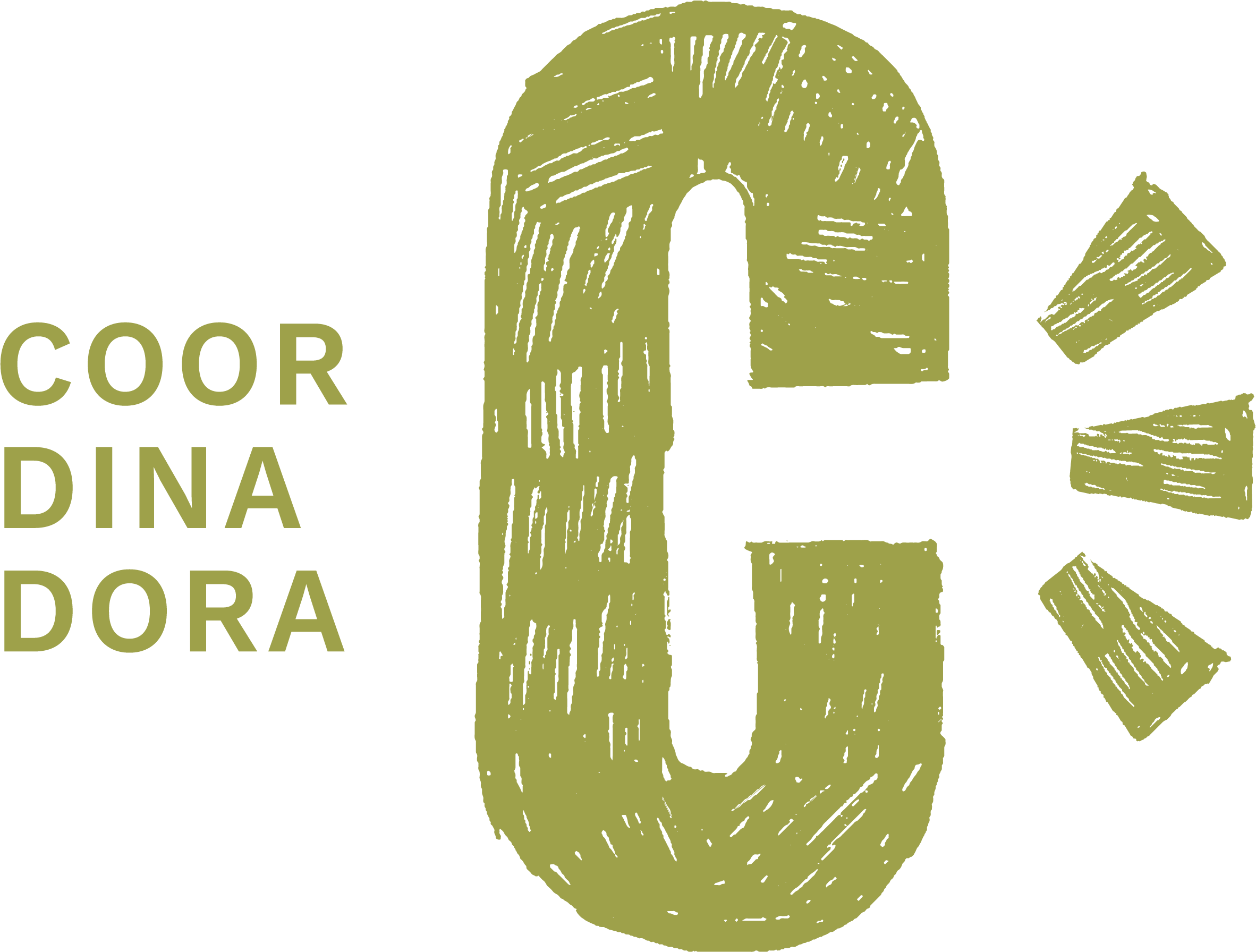Nosotros y terceros, como proveedores de servicios, utilizamos cookies y tecnologías similares (en adelante “cookies”) para proporcionar y proteger nuestros servicios, para comprender y mejorar su rendimiento y para publicar anuncios relevantes. Para más información, puede consultar nuestra
Política de Cookies. Seleccione “Aceptar cookies” para dar su consentimiento o seleccione las cookies que desea autorizar. Puede cambiar las opciones de las cookies y retirar su consentimiento en cualquier momento desde nuestro sitio web.
Obligatòries
Analítiques i publicitàries
Les cookies tècniques són les que faciliten la navegació de l'usuari i la utilització de les diferents opcions o serveis que ofereix la web com identificar la sessió, permetre l'accés a determinades àrees, facilitar comandes, compres, emplenament de formularis, inscripcions, seguretat, facilitar funcionalitats. (vídeos, xarxes socials…).
Les galetes de personalització permeten a l'usuari accedir als serveis segons les seves preferències (idioma, navegador, configuració…).
|
Nom
|
Titular
|
Dades recol·lectades
|
Finalitat
|
Duració
|
|
validacio_cookies
|
Cookie propia
|
Gestió de l'aceptació de les cookies.
|
Tècnica.
|
1 any
|
|
(Aleatori)
|
Cookie propia
|
Gestió de la sessió del visitant.
|
Tècnica.
|
Al finalitzar la sessió al navegador.
|
Les cookies d'anàlisi són les utilitzades per dur a terme l'anàlisi anònima del comportament dels usuaris de la web i que permeten mesurar l'activitat de l'usuari i elaborar perfils de navegació per tal de millorar els llocs web.
Les cookies publicitàries permeten la gestió dels espais publicitaris del web. A més, aquestes cookies poden ser de publicitat personalitzada i permetre així la gestió dels espais publicitaris de la web sobre la base del comportament i hàbits de navegació d'usuari, d'on s'obté el seu perfil i permeten personalitzar la publicitat que es mostra al navegador del usuari o altres perfils i xarxes socials de l'usuari.
|
Nom
|
Titular
|
Dades recol·lectades
|
Finalitat
|
Duració
|
|
_ga
|
Cookie propia
|
Sessions dels visitants.
|
Analítica.
|
2 anys.
|
|
_gid
|
Cookie propia
|
Sessions dels visitants.
|
Analítica.
|
1 dia.
|
|
_gat_gtag_UA_[ID]
|
Cookie propia
|
Sessions dels visitants.
|
Analítica.
|
1 minut.
|
|
IDE
|
Cookie de tercers (doubleclick.net)
|
Preferèncias, enllaçoss, conversions i interaccions amb anuncis publicitaris.
|
Publicitaria.
|
1 any.
|








